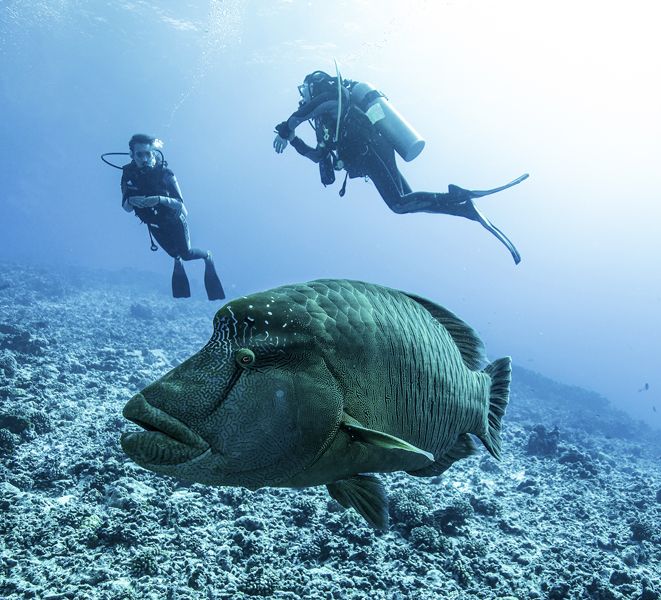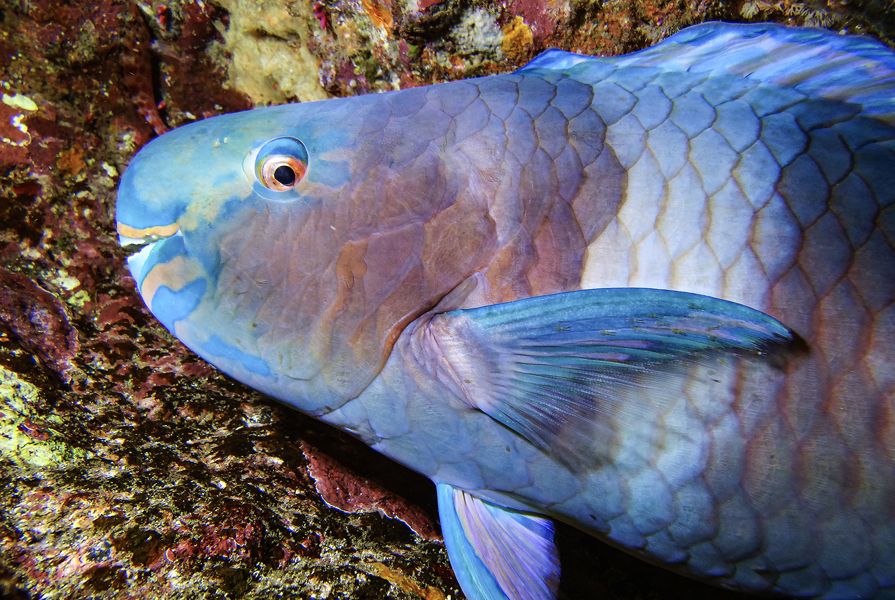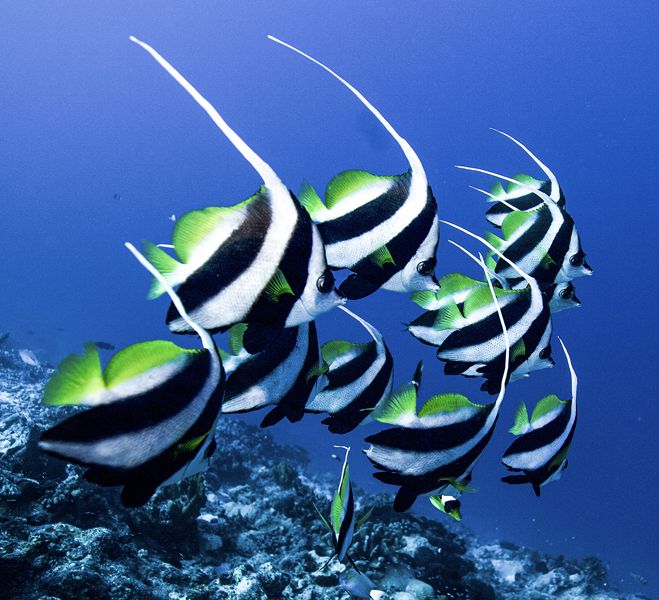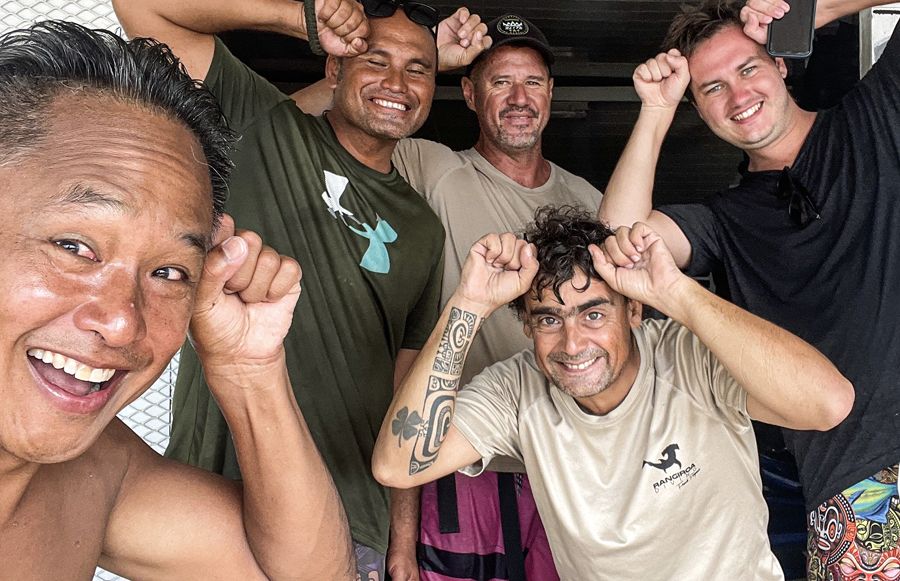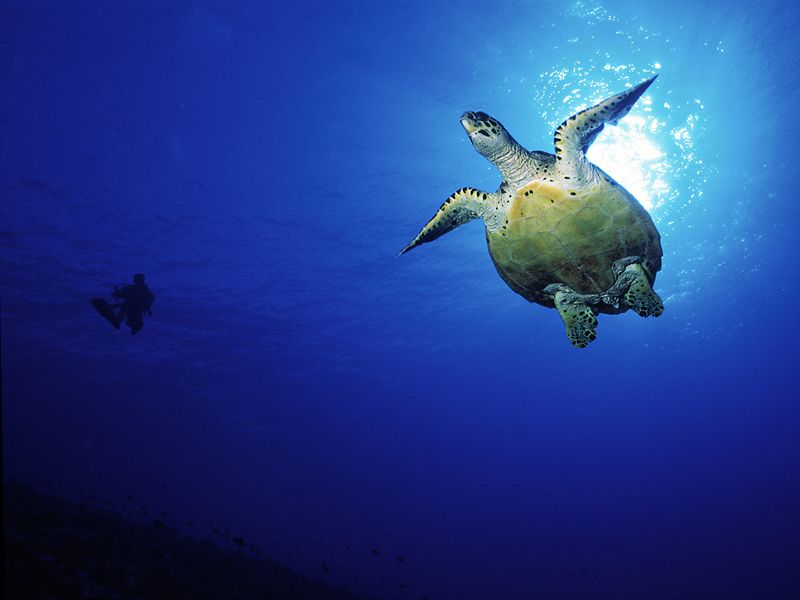Rangiroa Diving Center
Scuba Diving Ethics
Our code of ethics and conduct
The Rangiroa Diving Center developed a scuba diving code of ethics and conduct in partnership with the NGO PACT for Wildlife. This code is highlighted below:
1. Respect marine wildlife: Always think about the animals’ welfare and conservation before diving with and photographing wildlife.
2. Do not choose overcrowded areas; limit the number of boats and divers on a specific site.
3. Adhere to local regulations, safety rules, safe distances, and passive behaviors toward wildlife.
4. Never guarantee wildlife sightings.
5. Respect the animals’ life cycles and activities (e.g., resting, foraging, socializing).
6. Do not attract, feed, touch, or swim after marine wildlife not to disrupt natural behaviors.
7. Do not collect anything from the sea.
8. Practice good buoyancy control, finning techniques, and secure your gear (e.g., octopus regulator) to avoid damaging the underwater environment.
9. Use diving gear that is adapted to the dive type and site.
10. Use established mooring buoys to anchor the boats.
11. Share objective and rigorous knowledge on marine wildlife and ecosystems.
12. Support sustainable practices such as local NGOs dedicated to wildlife conservation.
13. Involve scuba divers in citizen science programs.
14. Manage natural resources appropriately (e.g., water).
15. Avoid polluting (e.g., dispose the trash properly, use reef-safe sunscreens)
16. Do not encourage greenwashing.
2. Do not choose overcrowded areas; limit the number of boats and divers on a specific site.
3. Adhere to local regulations, safety rules, safe distances, and passive behaviors toward wildlife.
4. Never guarantee wildlife sightings.
5. Respect the animals’ life cycles and activities (e.g., resting, foraging, socializing).
6. Do not attract, feed, touch, or swim after marine wildlife not to disrupt natural behaviors.
7. Do not collect anything from the sea.
8. Practice good buoyancy control, finning techniques, and secure your gear (e.g., octopus regulator) to avoid damaging the underwater environment.
9. Use diving gear that is adapted to the dive type and site.
10. Use established mooring buoys to anchor the boats.
11. Share objective and rigorous knowledge on marine wildlife and ecosystems.
12. Support sustainable practices such as local NGOs dedicated to wildlife conservation.
13. Involve scuba divers in citizen science programs.
14. Manage natural resources appropriately (e.g., water).
15. Avoid polluting (e.g., dispose the trash properly, use reef-safe sunscreens)
16. Do not encourage greenwashing.

